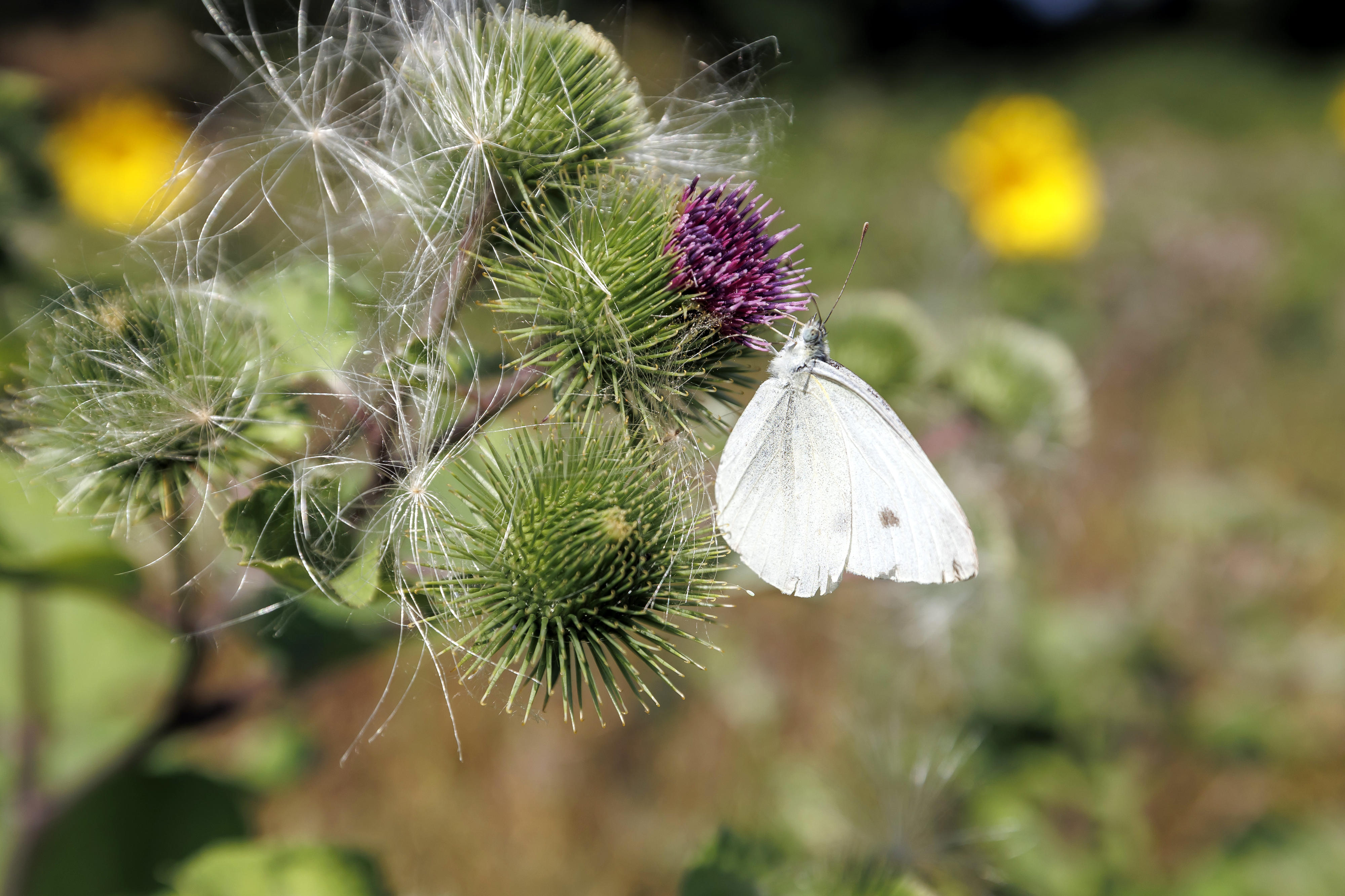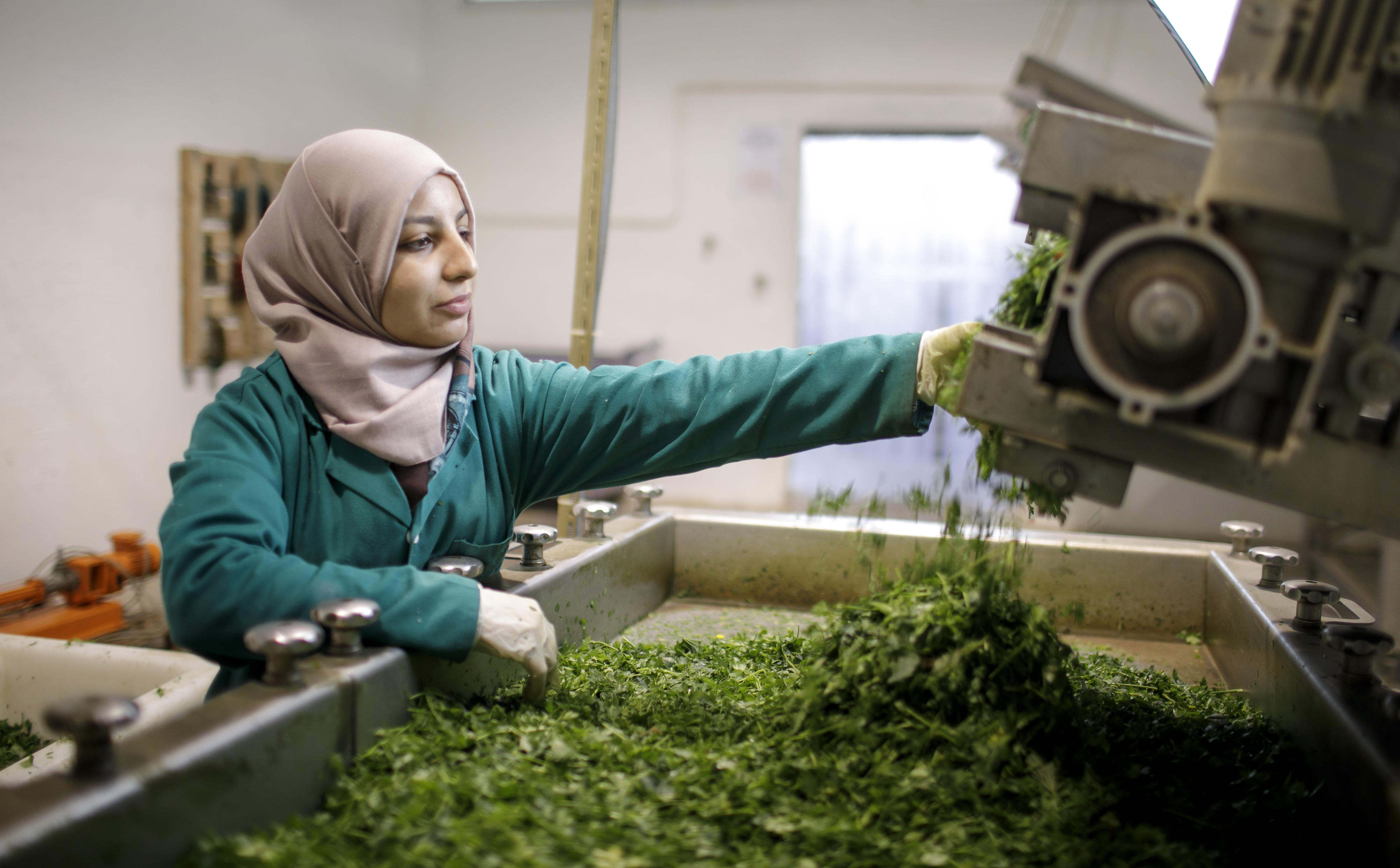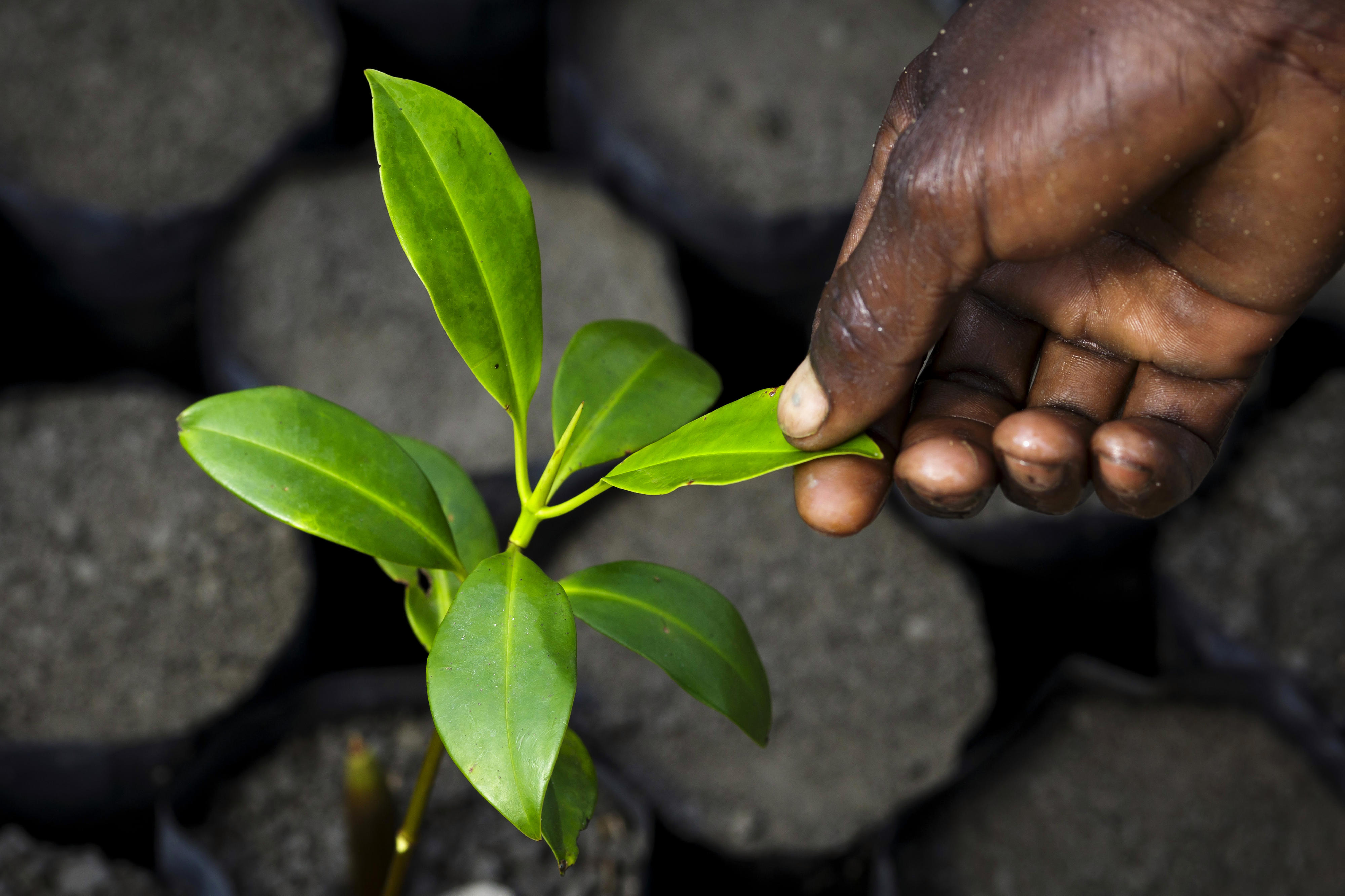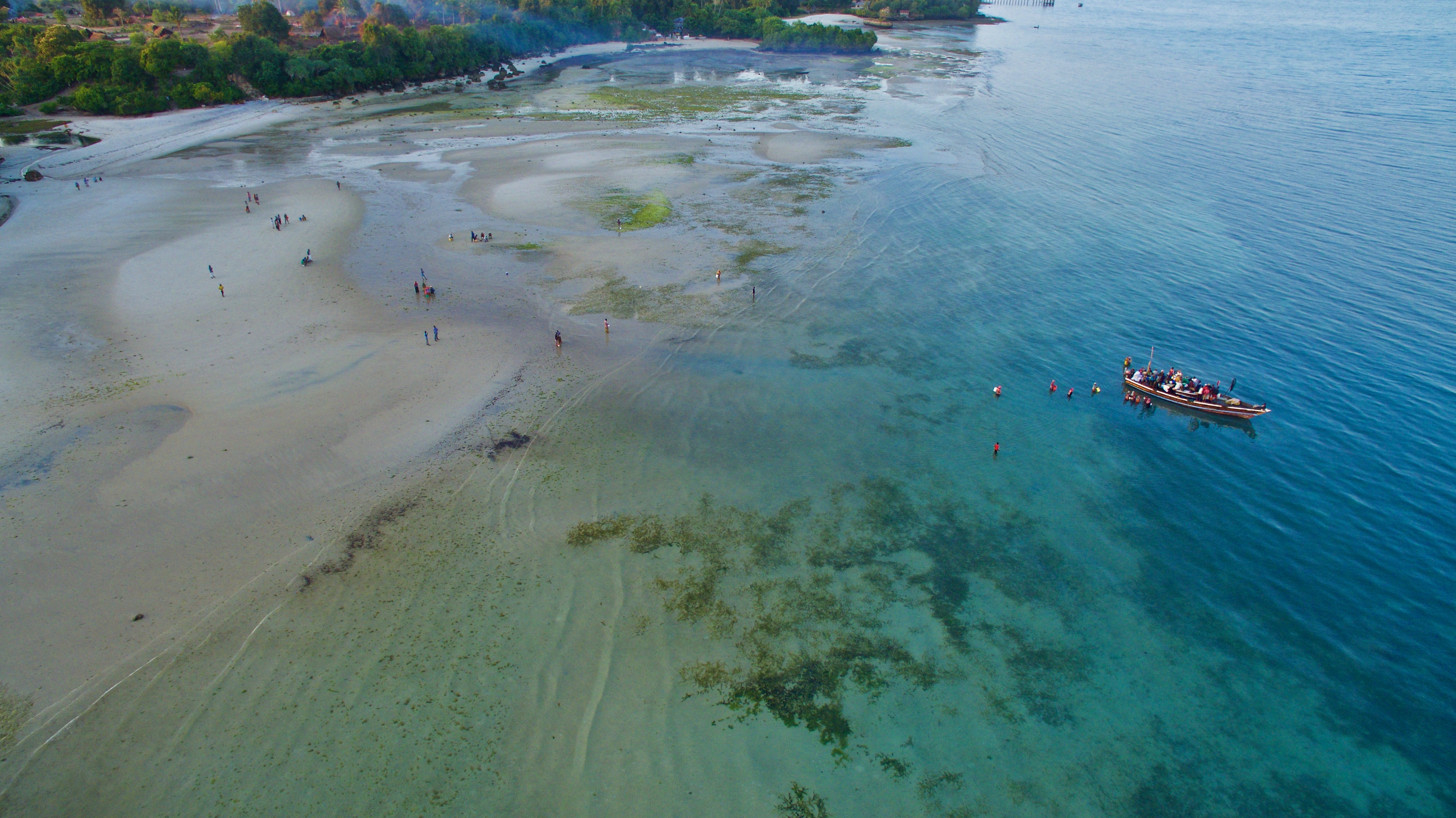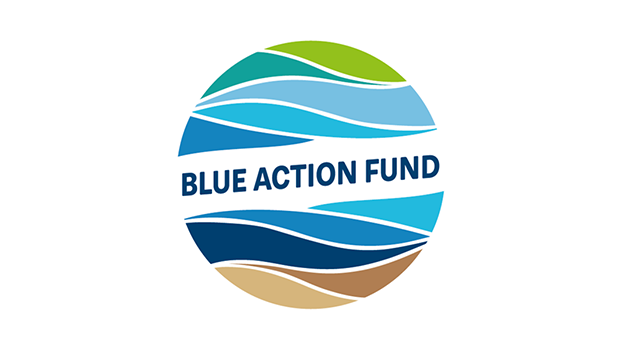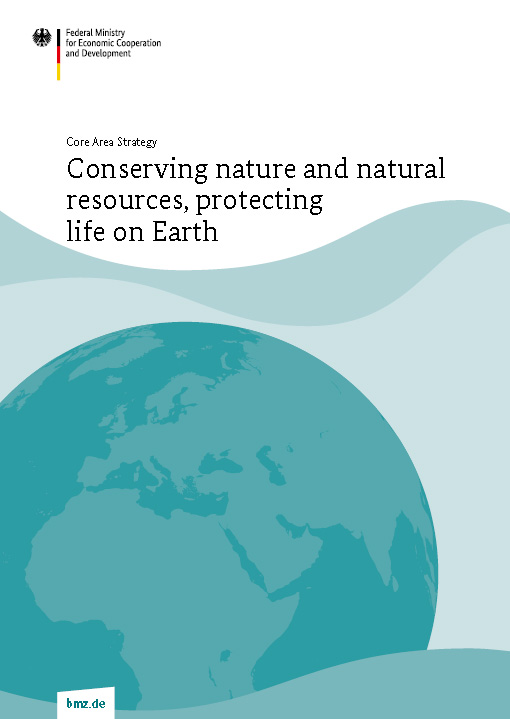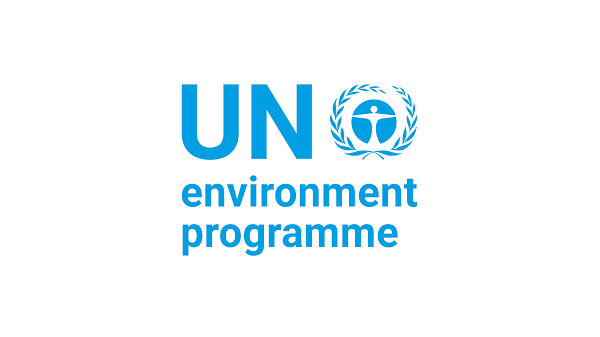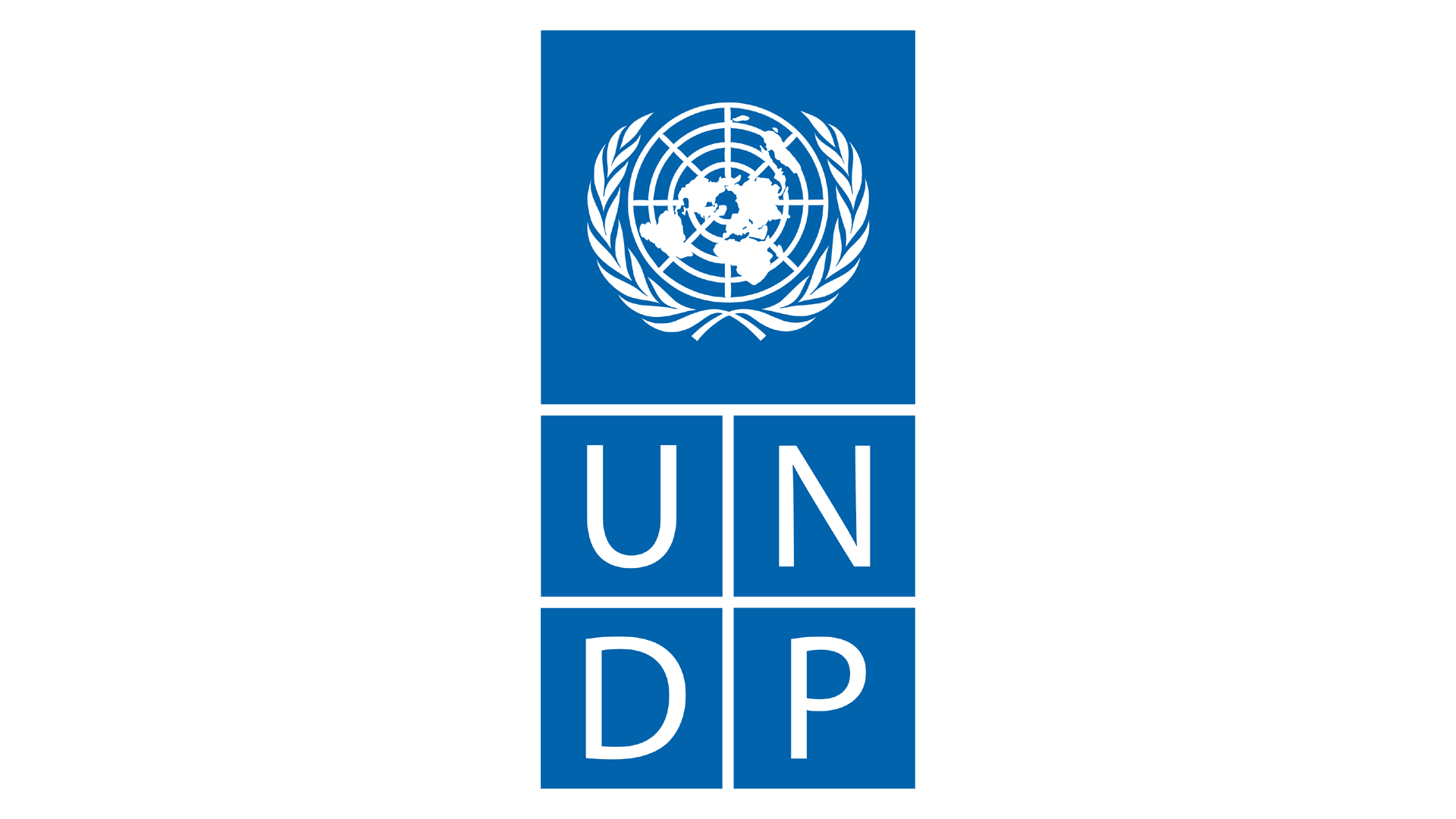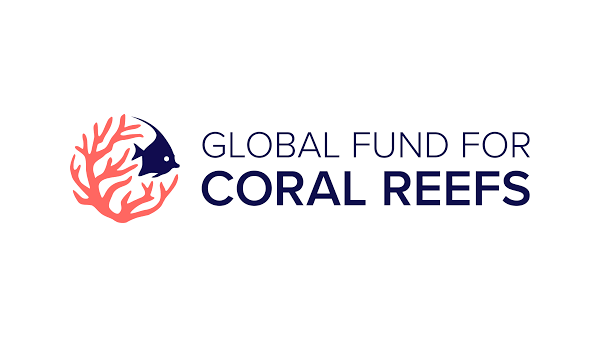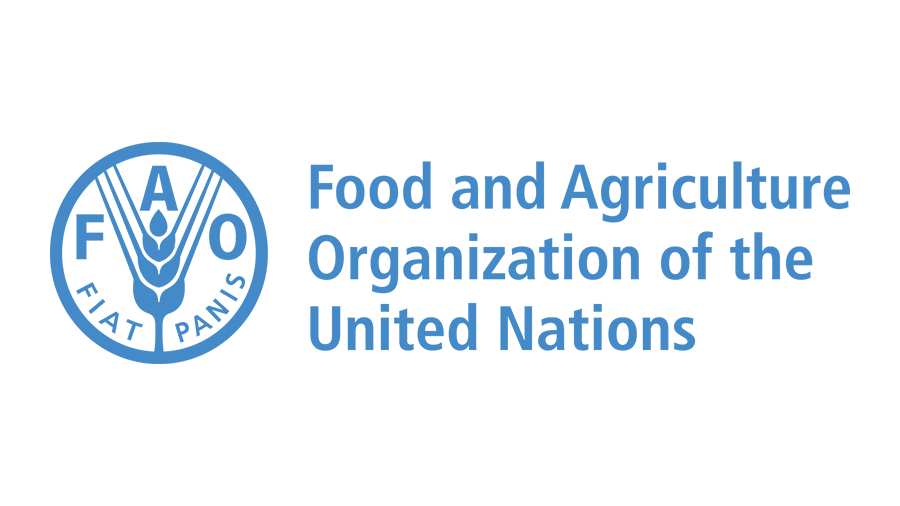Thistle blossom with a butterfly (Pieris brassicae, cabbage butterfly) on a set-aside field
Copyright© Julian Rettig/photothek.de
Protecting biodiversity – ensuring survival
Worldwide, the loss of species and ecosystems has accelerated dramatically in recent decades. Biodiversity loss is now one of the global risks that are expected to pose the biggest danger to human wellbeing and social cohesion. If we are to safeguard the basis for our livelihoods and survival and those of future generations, this trend must be stopped and reversed as quickly as possible.
The greatest biodiversity can be found in the Global South. Of the world's 17 most biodiverse countries, 15 are developing countries or emerging economies. And the impacts of ecosystem degradation, such as hunger and poverty, are also hitting people in developing countries and emerging economies particularly hard.
The expansion of non-sustainable agricultural production methods, too intensive use of natural resources, the spread of invasive species, growing urbanisation, the construction of technical infrastructure, pollution and climate change are all contributing to biodiversity loss and are making the achievement of internationally agreed biodiversity targets more difficult.
German activities
In the Global Biodiversity Framework (GBF) adopted in 2022, the international community committed itself to ambitious goals for biodiversity conservation. The Federal Ministry for Economic Cooperation and Development (BMZ) is supporting the efforts of its partner countries to protect biodiversity, use it in a sustainable and equitable manner, and restore degraded and destroyed ecosystems. These efforts are being coordinated closely with activities to reduce hunger and poverty and with climate change mitigation and adaptation measures.
In line with the 2030 Agenda and its 17 Sustainable Development Goals, the BMZ is thus contributing to a social-ecological transformation towards lifestyles and economies that respect planetary boundaries. Our international activities are also in the interest of Germany's people and economy, because intact ecosystems worldwide are indispensable for many of our global supply chains for food, medication and raw materials, and also for a stable climate.
As at: 31/07/2024
